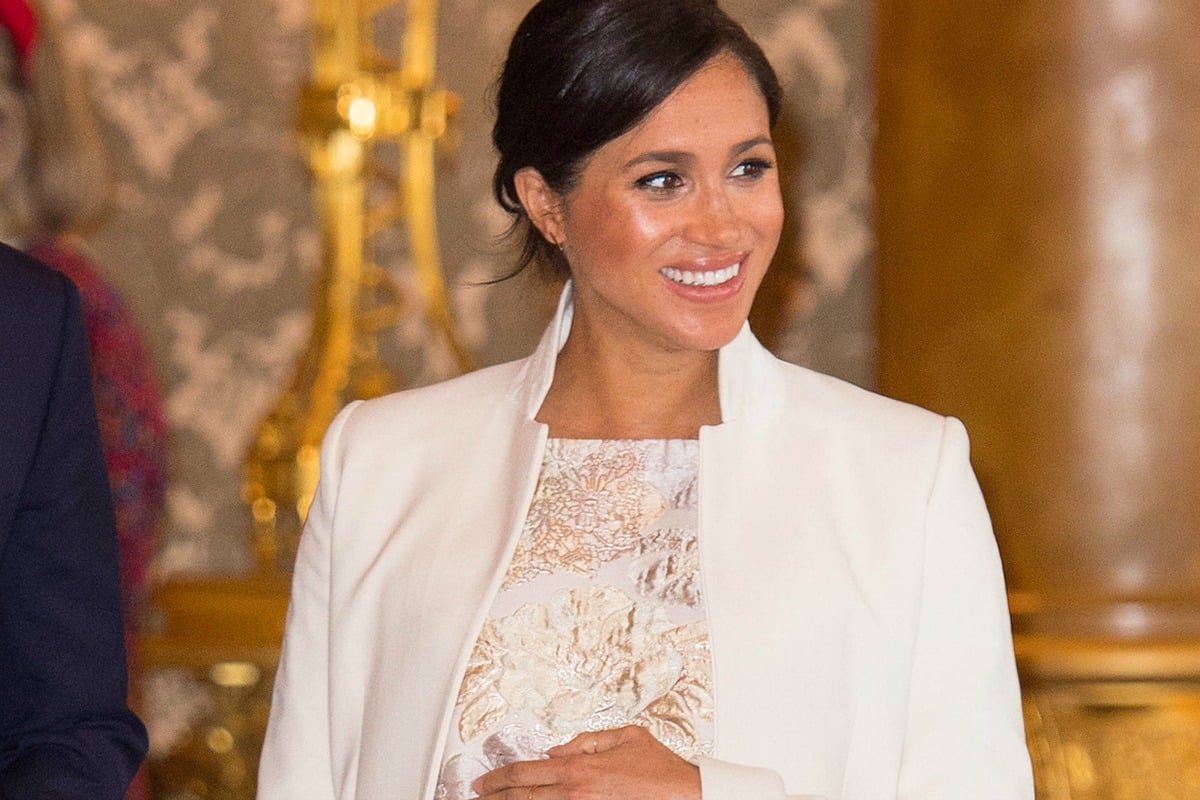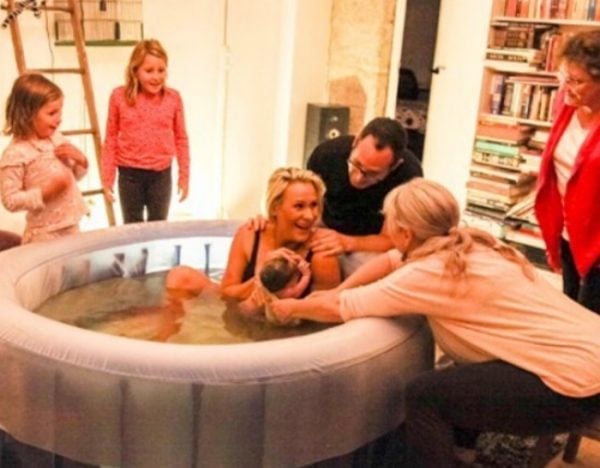
Men in suits are wearing name-tags and the water glasses have stopped clinking. A room full of highly-paid medical professionals has erupted into raucous laughter.
“Meghan Markle has decided she’s going to have a doula and a willow tree… let’s see how that goes,” chuckles Dr Timothy Draycott, much-decorated envoy of the Royal College of Gynaecology, Professor at the UK’s Bristol University and an obstetrician who’s personally received an award from The Queen. “She’s 37, first birth… I don’t know. We’ll have to see.”
The eye-roll wasn’t specified in the reporting of Dr Draycott’s comments, but it’s heavily implied.
Imagine that. An educated 37-year-old woman with the world’s best medical advice at her disposal having an opinion about how her first baby is born.
Dr Draycott’s comment, made at the American College of Obstetricians and Gynecologists’ annual General Meeting in Nashville on Saturday, conjures the stereotype of the cluelessly idealistic first-time mum, more interested in gazing up through the calming leaves of a “willow tree” than in delivering a healthy baby.
And a room full of doctors laughed at it.
And then we wonder why women are taking decisions about their bodies – and the bodies of their unborn children – away from the halls of hospitals and into their own homes, their own phones, their own Google searches. Anywhere that makes them feel less powerless and stupid for questioning the status quo.
This is dangerous.
The media has widely reported – although it can’t be verified – that since news broke that Meghan Markle, the Duchess of Sussex, was choosing to have a home birth for her first child and including a doula in her attending team, enquiries into home births in Great Britain increased by 40 per cent.


Top Comments
There is a massive difference between having access to immediate medical care and having to call an ambulance to get to hospital if something goes wrong for mum or bub during or after a home birth.
Calling the ambos is easy, it is the wait, then the rush to hospital hoping the appropriate specialists are available there and then to treat you.
It's not the safest for every woman. However, home birth absolutely is a perfectly safe option for many women.